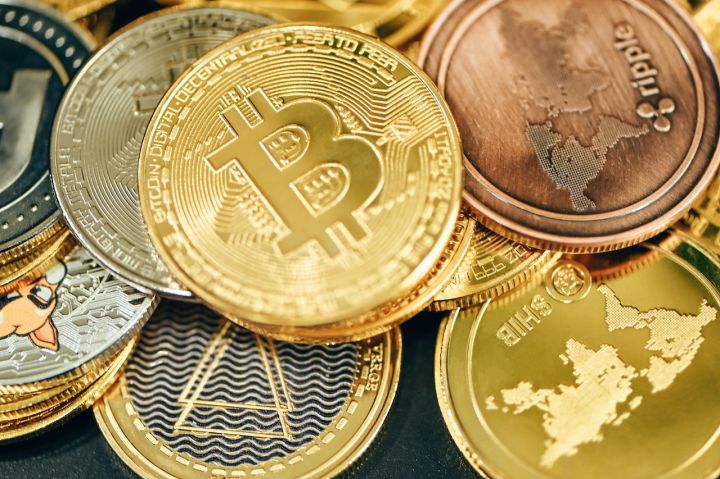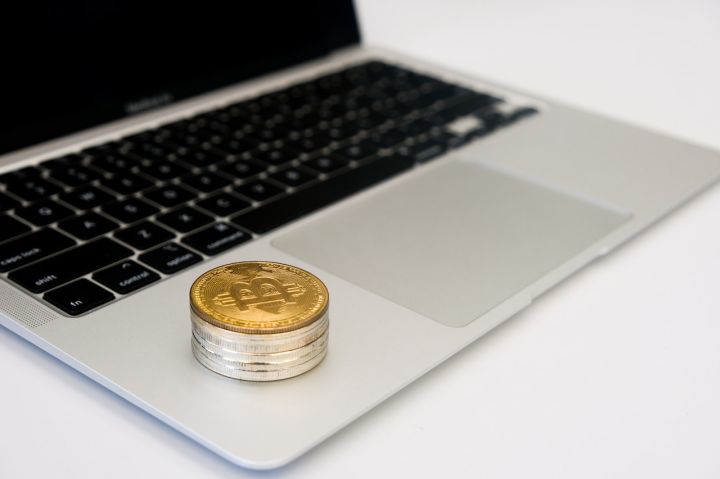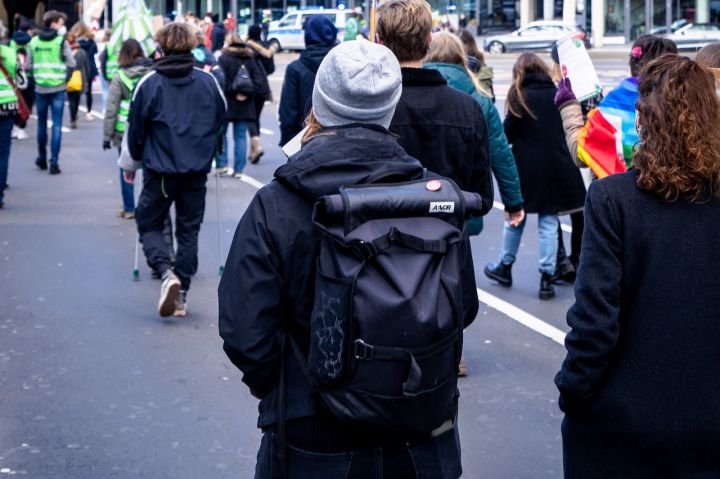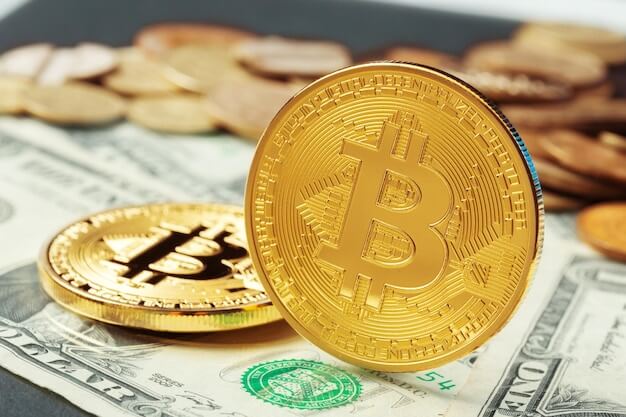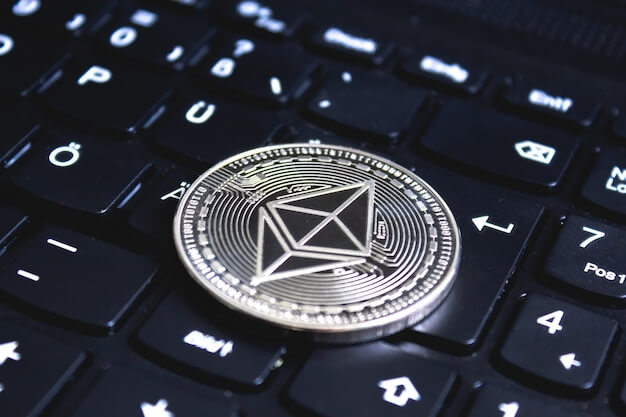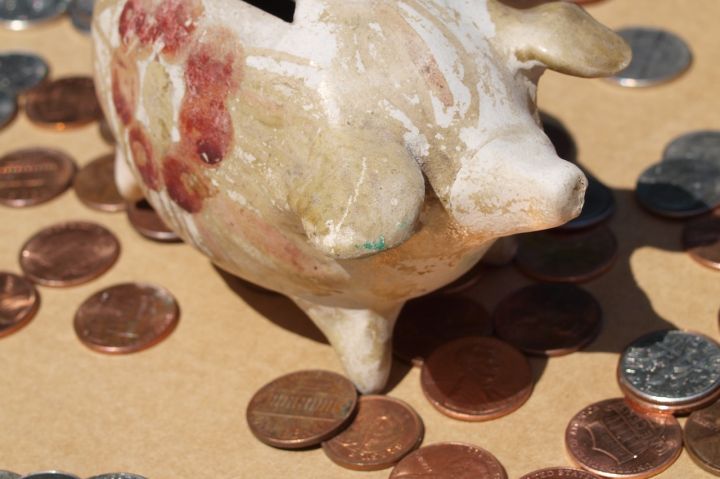The recent surge in the number of initial coin offerings has generated all sorts of promises. Some claim they will solve global warming; others say they will transform the music industry.
Many of these are scams, daydreams and unworkable business propositions that have earned the nickname "shitcoins". Often, potential buyers are unsure which ICOs are legitimate and which are fraudulent.
Will these cottage coins damage the reputation of the blockchain as a whole?
ICOs and the blockchain
Many businesses have been skeptical of bitcoin and the blockchain, and fraudulent ICOs certainly don't help.
"The proliferation of ICOs has driven skepticism throughout the industry," said Rob Vegliote, president and co-founder of Horizon, in an interview. However, Vegliote also believes that there are many forward-thinking companies that understand the true potential of blockchain.
Manuel Martin, CEO and co-founder of Orvium, also believes that the credibility of blockchain is growing despite dubious ICOs.

In an interview, Martin said, "I think there is a point where some might think that the proliferation of ICOs is damaging the reputation of blockchain technology because many bystanders are unable to distinguish between legitimate projects and scams." "This uncertainty paints a confusing picture of the space, but I think we are now in clearer territory. The sector's reputation is strong and it will continue to strengthen as more and more quality projects emerge."
Kyle R. Chapman, a partner at Cosmos Ventures, agreed that thought leaders and technology pioneers don't know how to judge blockchain on the basis of ICOs.
In an interview, Chapman said, "ICOs and STOs are just one of many potential use cases for blockchain technology - and quite modest." "For the foreseeable future, blockchain will continue to be implemented in a variety of industries and platforms for a variety of applications and protocols, regardless of the ICO and STO markets from a financial and regulatory perspective."

Is the industry self-correcting?
As blockchain technology continues to evolve in all directions, the industry needs to find a way to self-correct in the wake of fraudulent ICOs so that they no longer muddy the waters.
To address this, blockchain leaders need to better educate users and work more closely with regulators.
"Clear regulation will help [clean up] some of the dubious projects that are undermining the credibility of the space," said Manuel. "A joint effort between the government and the industry aimed at educating the public on better details of the space will help users make more informed investment decisions and stop the flow of dubious ICOs."
Viglione also believes that as the blockchain industry continues to evolve, it will create new ways to assess and evaluate various ICOS and startups, especially as regulators create clear regulations.
"Generally speaking, when you have lightly regulated markets involving capital, retail investors and complex technology, there is always the risk of fraud and market abuse," he said. "As the cryptocurrency industry continues to mature, so will its rating methodology - making it easier for potential users to determine which projects are legitimate.

